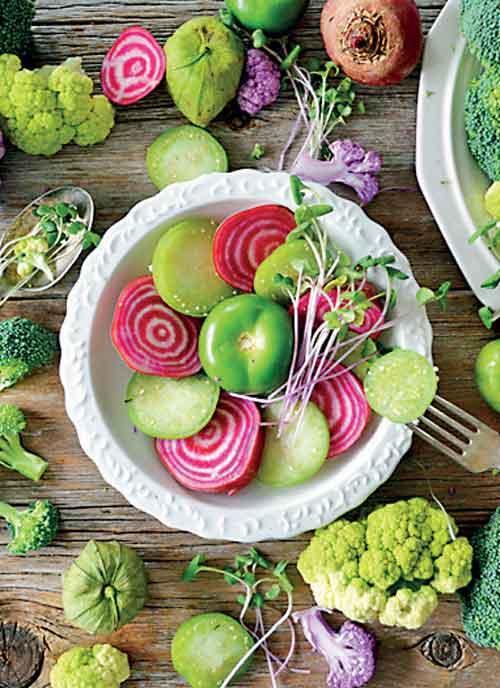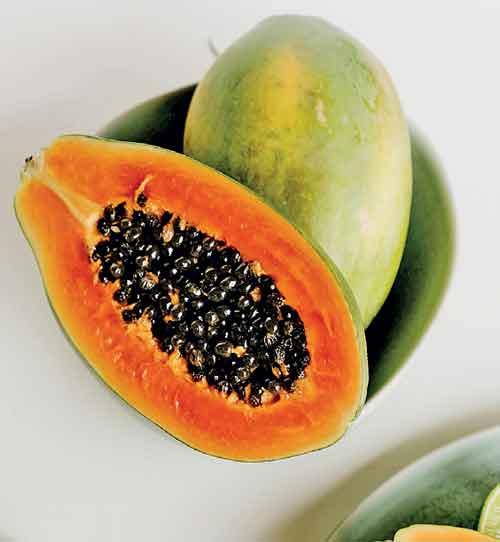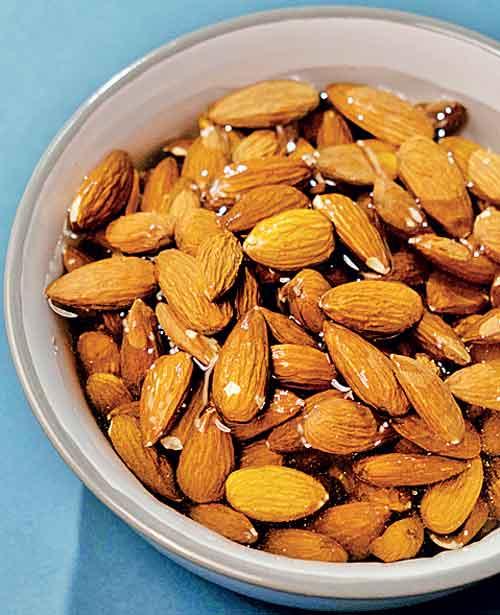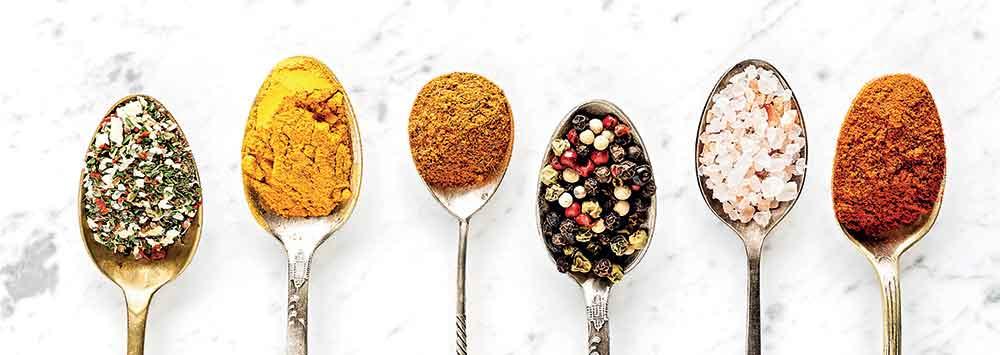 Everywhere you look, there’s a new vitamin or mineral supplement promising glowing skin, sharper focus, better digestion and the list goes on. However, before you spend your paycheck on the supplement aisle, let’s press pause. The real magic lies not in a pill bottle, but in your kitchen. After all, supplements are exactly that, a supplement, not a substitute. The foundation of good nutrition starts with the way we treat our food.
Everywhere you look, there’s a new vitamin or mineral supplement promising glowing skin, sharper focus, better digestion and the list goes on. However, before you spend your paycheck on the supplement aisle, let’s press pause. The real magic lies not in a pill bottle, but in your kitchen. After all, supplements are exactly that, a supplement, not a substitute. The foundation of good nutrition starts with the way we treat our food.
Here are six evidence-based and surprisingly simple ways to get more out of the food you already eat:
Master Your Cooking Method
The way we cook our food can either preserve or destroy its nutritional value. Take vitamins B and C, for example, these water-soluble nutrients are especially sensitive to heat and time. Research shows that steaming is one of the gentlest cooking methods, helping to retain these delicate vitamins better than other methods.
Boiling, on the other hand, isn’t doing your broccoli any favours. When vegetables are submerged in water, nutrients can leach out and end up down the drain. If you do need to boil, use minimal water and keep the pot covered to reduce cooking time. Better yet, reuse that nutrient-rich water in soups, stews or even sauces.
Another hack? Don’t dice your veggies too finely. Cooking them in larger chunks helps reduce surface area exposure and limits nutrient loss. When possible, opt for stir-frying over deep-frying, it uses less oil and shorter cooking times.
After all, supplements are exactly that, a supplement, not a substitute

Soak and Sprout for Better Mineral Absorption
Beans, lentils, nuts, grains and seeds are loaded with essential minerals like iron, zinc, magnesium, and selenium. However, these plant-based staples also contain phytic acid, an “anti-nutrient” that binds to minerals and makes them harder to absorb.
By soaking or sprouting these foods before eating, you break down phytic acid and enhance mineral availability. For example, soaking lentils in warm water for a few hours before cooking makes them not only easier to digest and cook, but more nutritious. Same goes for nuts, soak them overnight and lightly roast or dry them before snacking. Instead of mixing dry oats straight into your morning yogurt, prepare your oats overnight with milk or plant-based alternatives to unlock better nutrient absorption.

Eat the Peel
Peeling fruits and veggies might feel instinctive, but in many cases, it’s like throwing away half the nutrition. The skins of foods like apples, potatoes, cucumbers, carrots and aubergines are packed with fibre, antioxidants and key vitamins.
Consider this:
- 88% of the iron in a baked potato is found in its skin.
- Apple peel delivers over half its total fibre and nearly 40% of its vitamin A.
- Cucumber skin holds more than 80% of its vitamin K content.
Moral of the story? Give your produce a good wash instead of peeling and cook or serve them with the peel (unless the peel is inedible or heavily treated with wax/pesticides, of course).
Peeling fruits and veggies might feel instinctive, but in many cases, it’s like throwing away half the nutrition.
Combine Foods Wisely
You’ve probably heard the phrase “you are what you eat” but a better version might be “you are what you absorb.” Some nutrients are more powerful together, and pairing certain foods can significantly improve how well your body takes them in:
Turmeric + Black Pepper: Turmeric contains curcumin, a powerful antioxidant known for its anti-inflammatory benefits. On its own, curcumin isn’t easily absorbed. Black pepper boosts its bioavailability by up to 2000%. Add both to curries, khichdi or even scrambled eggs.
Vitamin C + Iron: Plant-based (non-haem) iron is harder to absorb, but vitamin C changes the game. Pair spinach with citrus vinaigrette, add bell peppers to lentils, or sip orange juice with your cereal to enhance absorption.
Vitamin D + Calcium: Vitamin D helps your body absorb calcium efficiently. Pair vitamin D-rich foods like salmon, egg yolks or mushrooms with dairy or calcium-fortified products for optimal bone health.
Fat-Soluble Vitamins + Healthy Fats: Vitamins A, D, E and K need fat to be properly absorbed. Combine fat-soluble foods (like sweet potatoes, leafy greens or mangoes) with healthy fats such as nuts, seeds or olive oil for maximum benefit.

In a world obsessed with quick fixes and superfood trends, let’s not forget the power of the basics. You don’t need a drawer full of supplements to nourish your body, just smarter food habits, thoughtful preparation, and a bit of kitchen creativity.
So next time you cook, think not just about what’s on your plate, but how it got there and how you can make the most of every bite. However, if you’re experiencing signs of a vitamin or mineral deficiency, it’s important not to self-diagnose. Reach out to a registered healthcare professional who can assess your symptoms, run appropriate tests, and guide you toward the right nutritional support, whether through diet or supplements.












